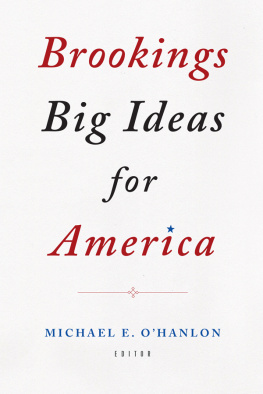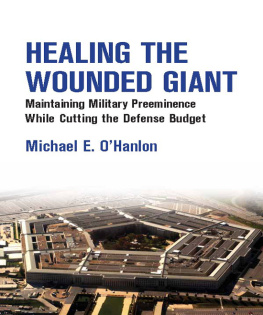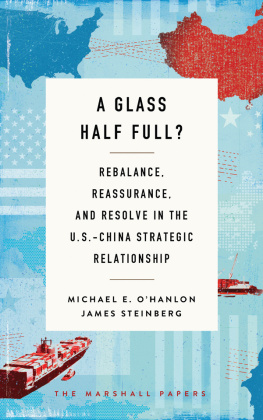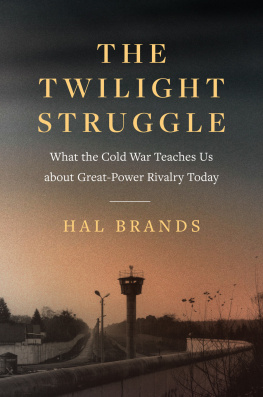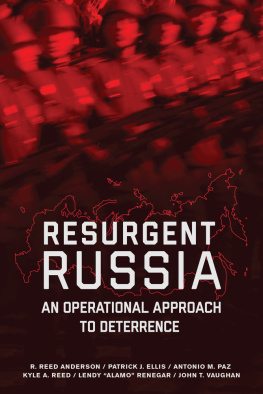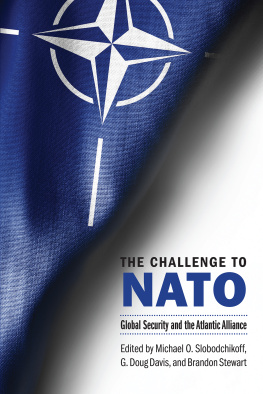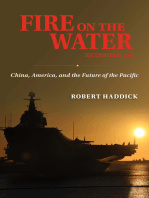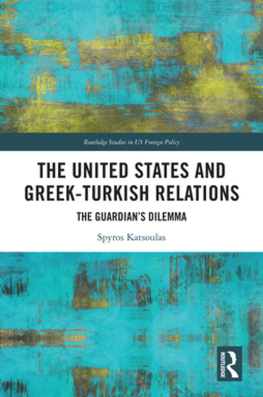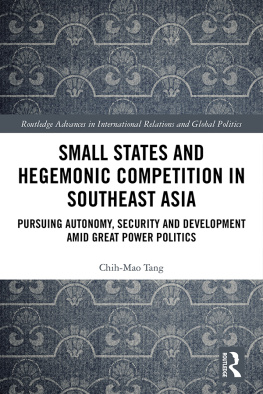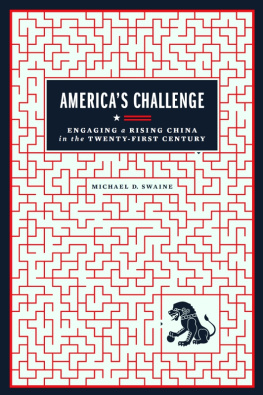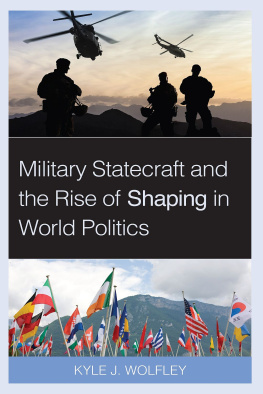Michael E. OHanlon - The Senkaku Paradox: Risking Great Power War Over Small Stakes
Here you can read online Michael E. OHanlon - The Senkaku Paradox: Risking Great Power War Over Small Stakes full text of the book (entire story) in english for free. Download pdf and epub, get meaning, cover and reviews about this ebook. year: 2019, publisher: Brookings Institution Press, genre: Science / Politics. Description of the work, (preface) as well as reviews are available. Best literature library LitArk.com created for fans of good reading and offers a wide selection of genres:
Romance novel
Science fiction
Adventure
Detective
Science
History
Home and family
Prose
Art
Politics
Computer
Non-fiction
Religion
Business
Children
Humor
Choose a favorite category and find really read worthwhile books. Enjoy immersion in the world of imagination, feel the emotions of the characters or learn something new for yourself, make an fascinating discovery.

- Book:The Senkaku Paradox: Risking Great Power War Over Small Stakes
- Author:
- Publisher:Brookings Institution Press
- Genre:
- Year:2019
- Rating:3 / 5
- Favourites:Add to favourites
- Your mark:
The Senkaku Paradox: Risking Great Power War Over Small Stakes: summary, description and annotation
We offer to read an annotation, description, summary or preface (depends on what the author of the book "The Senkaku Paradox: Risking Great Power War Over Small Stakes" wrote himself). If you haven't found the necessary information about the book — write in the comments, we will try to find it.
In recent years, the Pentagon has elevated its concerns about Russia and China as potential military threats to the United States and its allies. But what issues could provoke actual conflict between the United States and either country? And how could such a conflict be contained before it took the world to the brink of thermonuclear catastrophe, as was feared during the cold war?
Defense expert Michael OHanlon wrestles with these questions in this insightful book, setting them within the broader context of hegemonic change and todays version of great-power competition.
The book examines how a local crisis could escalate into a broader and much more dangerous threat to peace. What if, for example, Russias little green men seized control of a community, like Narva or an even smaller town in Estonia, now a NATO ally? Or, what if China seized one of the uninhabited Senkaku islands now claimed and administered by Japan, or imposed a partial blockade of Taiwan?
Such threats are not necessarily imminent, but they are far from inconceivable. Washington could be forced to choose, in these and similar cases, between risking major war to reverse the aggression, and appeasing China or Russia in ways that could jeopardize the broader global order.
OHanlon argues that the United States needs a better range of options for dealing with such risks to peace. He advocates integrated deterrence, which combines military elements with economic warfare. The military components would feature strengthened forward defenses as well as, possibly, limited military options against Russian or Chinese assets in other theaters. Economic warfare would include offensive elements, notably sanctions, as well as measures to ensure the resilience of the United States and allies against possible enemy reprisal.
The goal is to deter war through a credible set of responses that are more commensurate than existing policy with the stakes involved in such scenarios.
Michael E. OHanlon: author's other books
Who wrote The Senkaku Paradox: Risking Great Power War Over Small Stakes? Find out the surname, the name of the author of the book and a list of all author's works by series.

